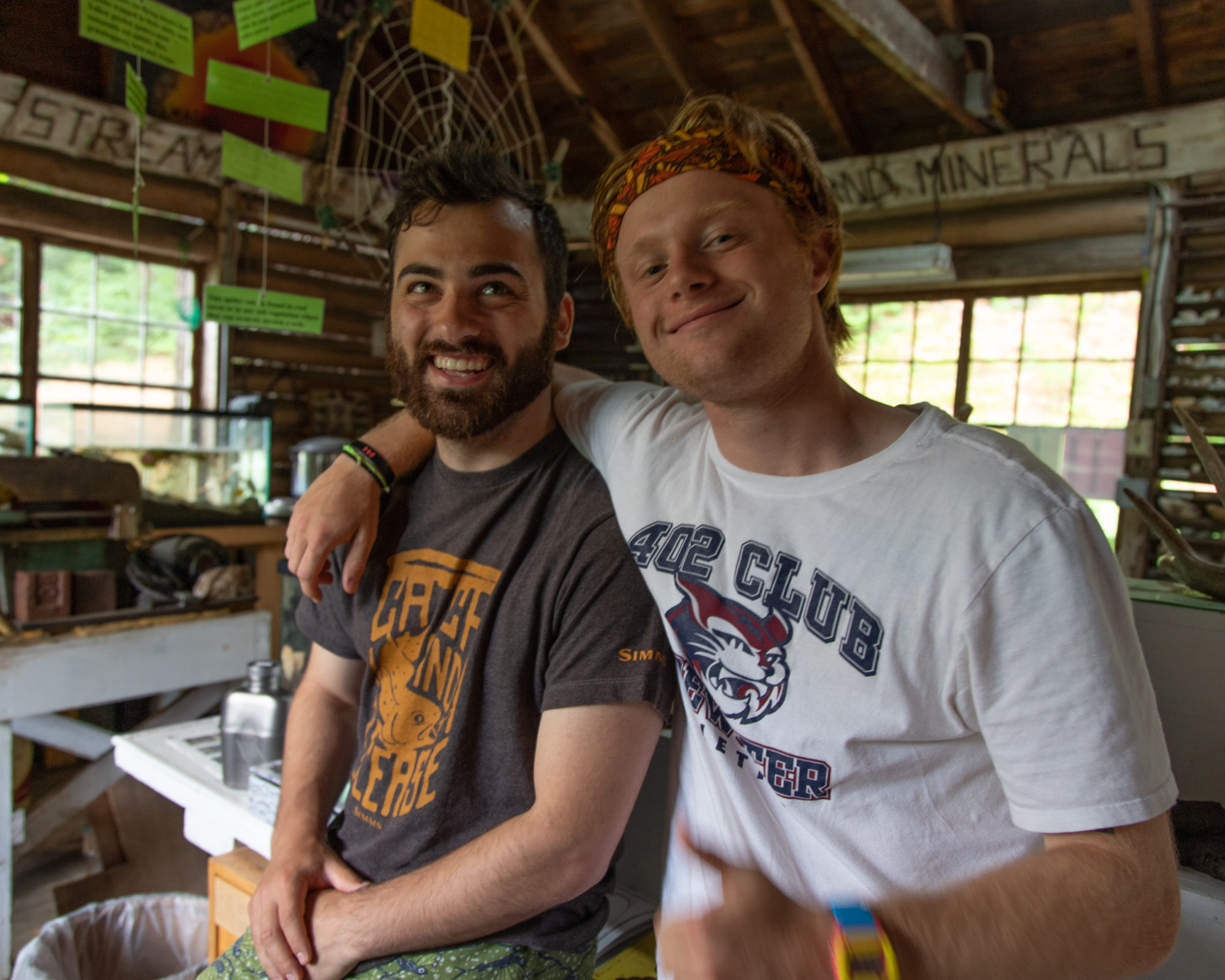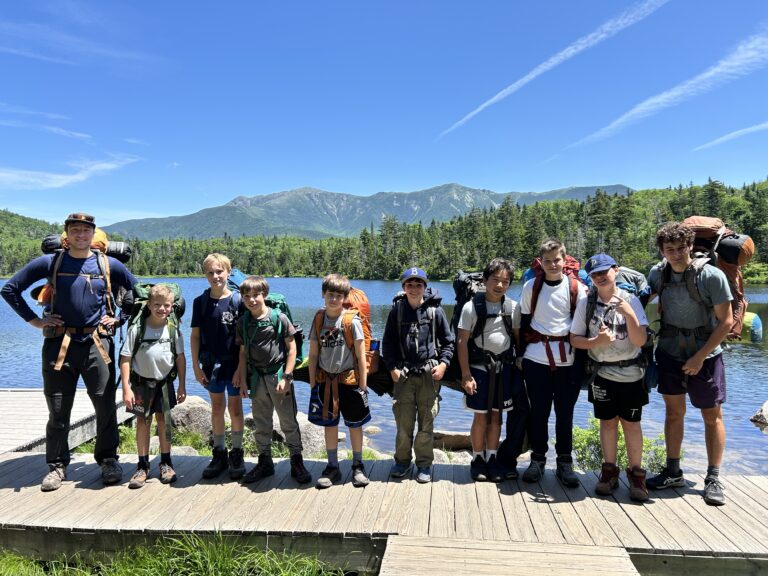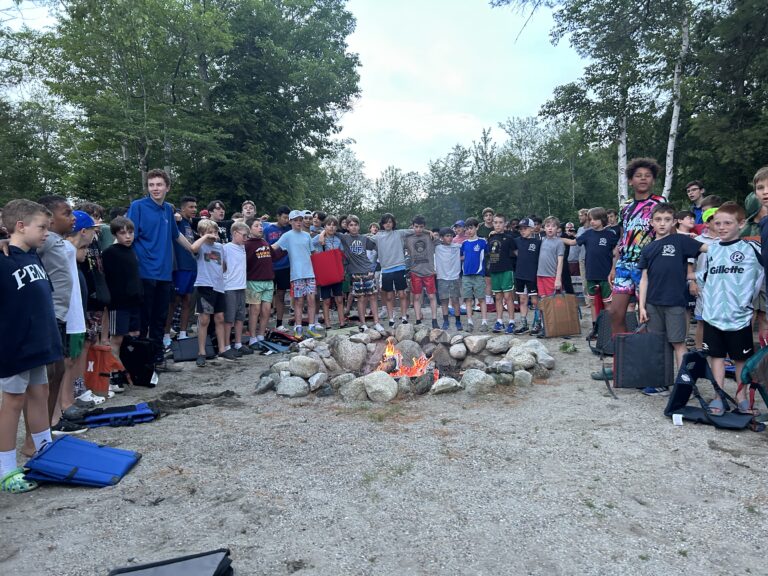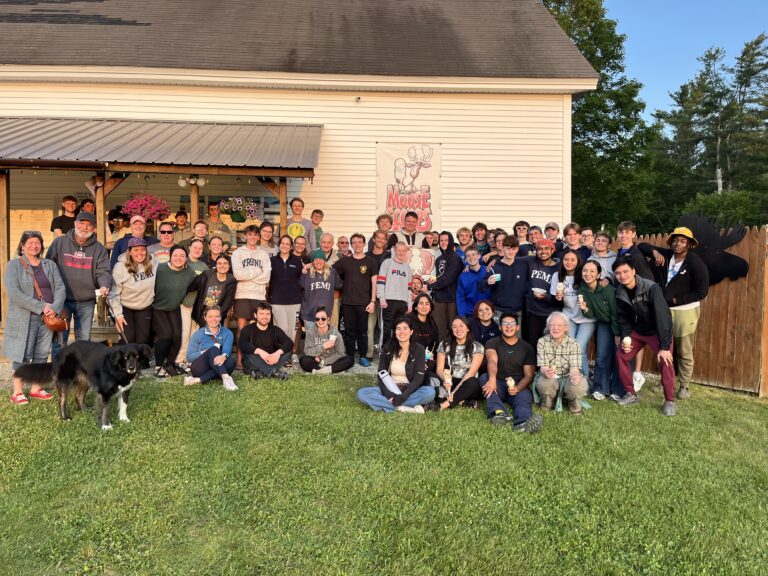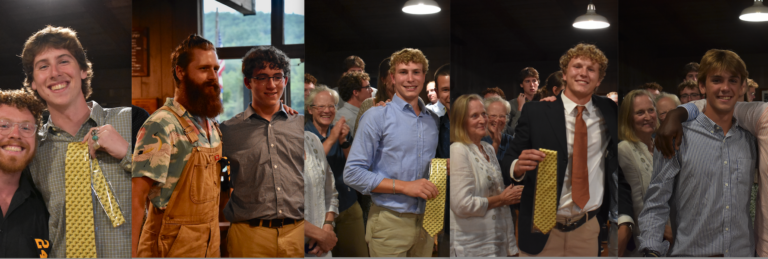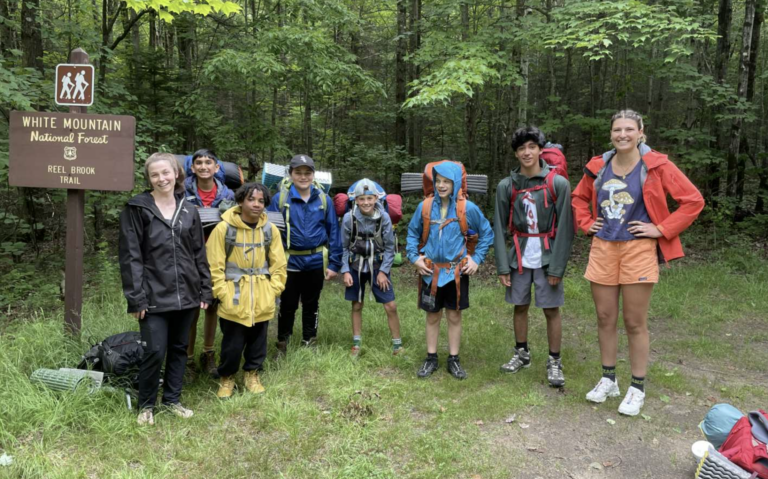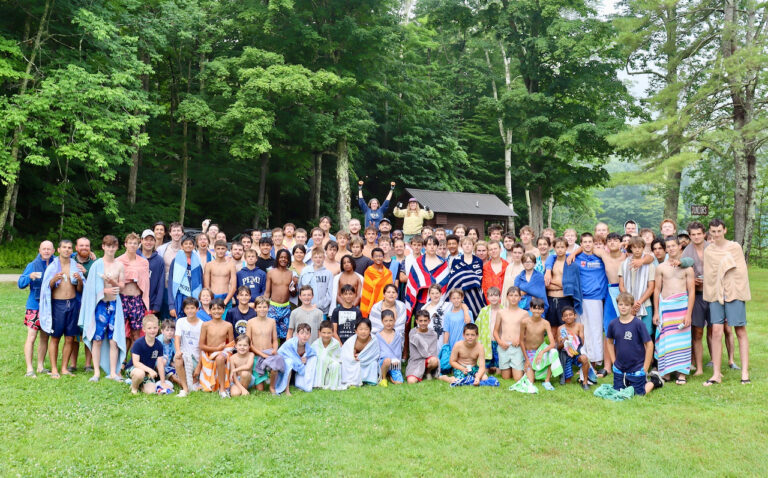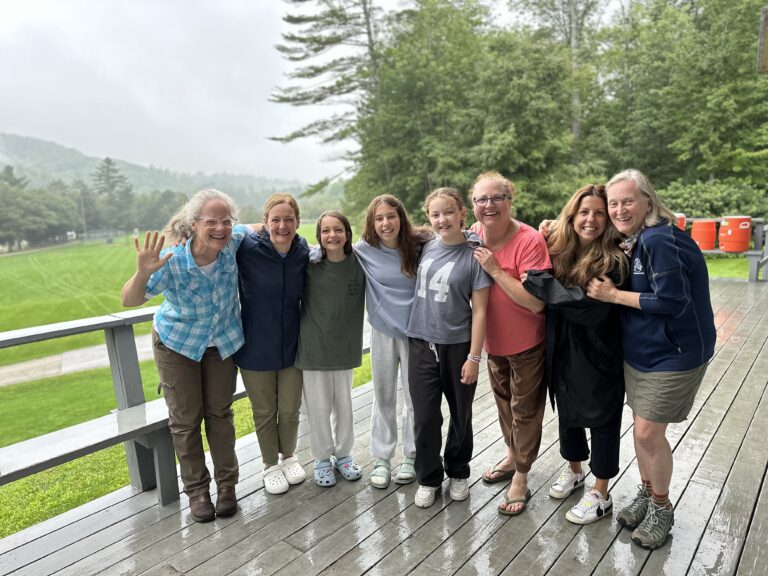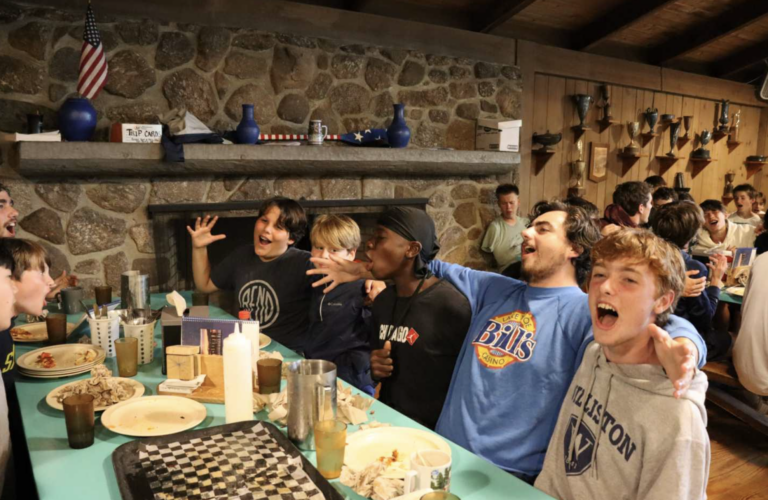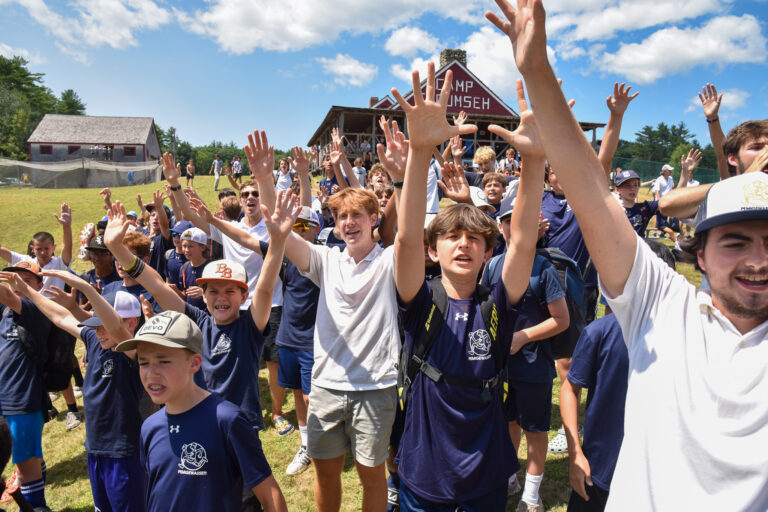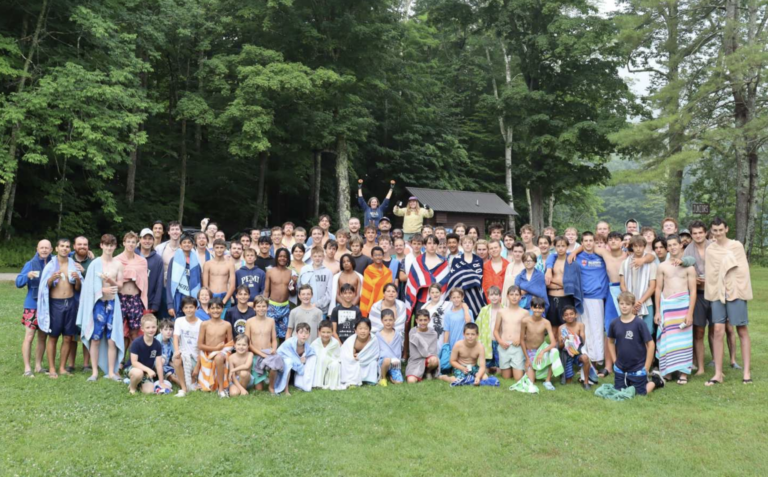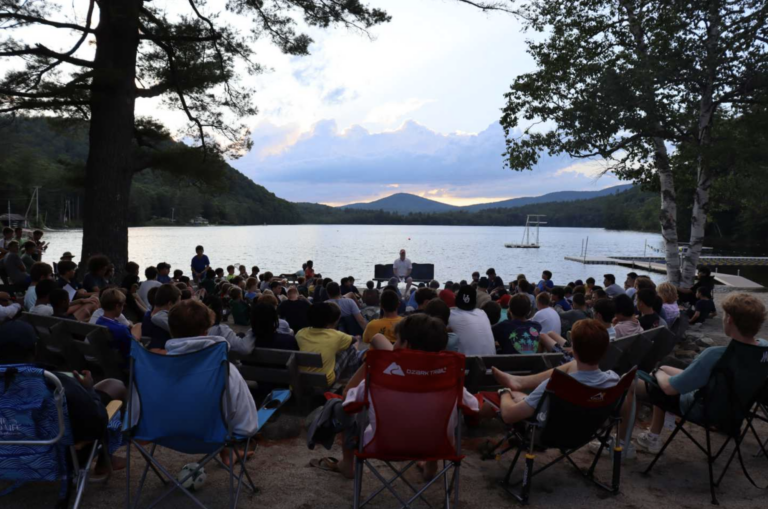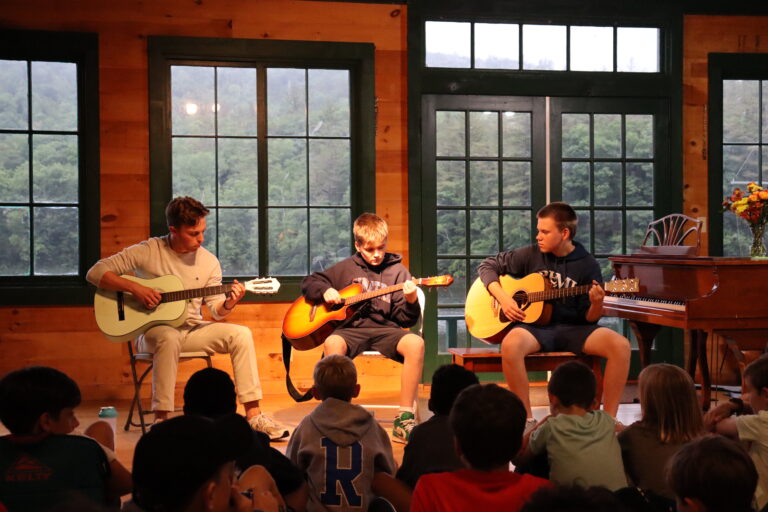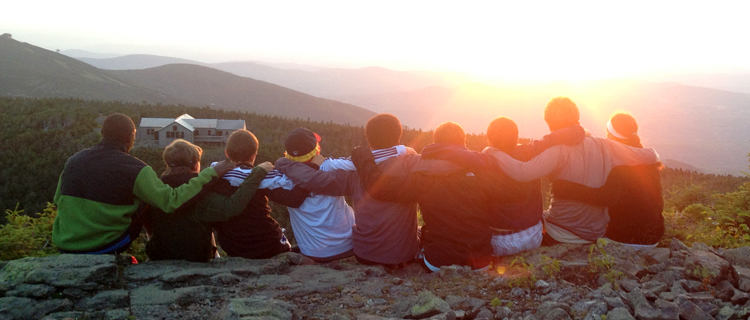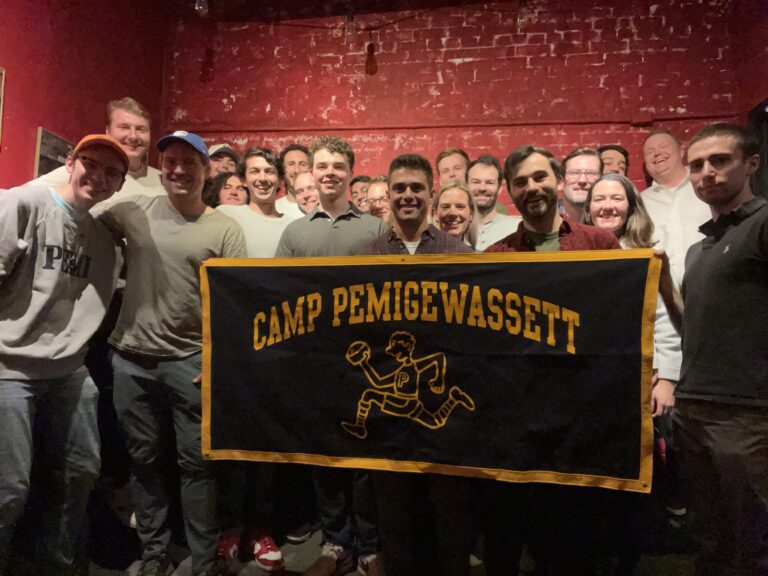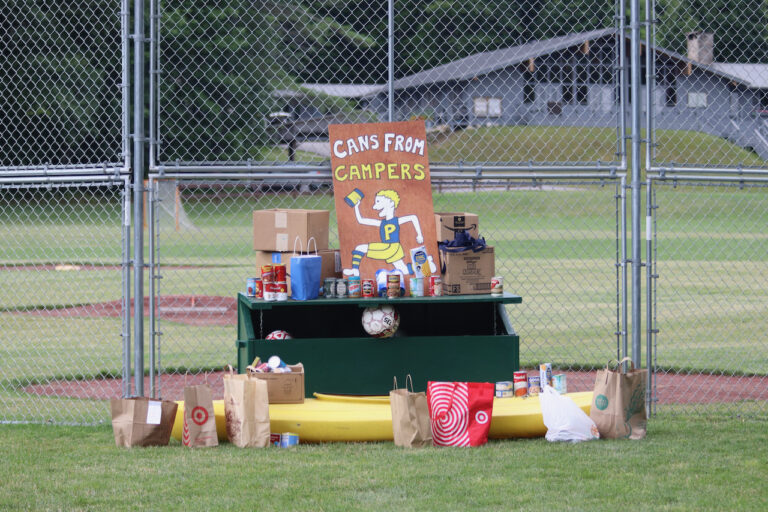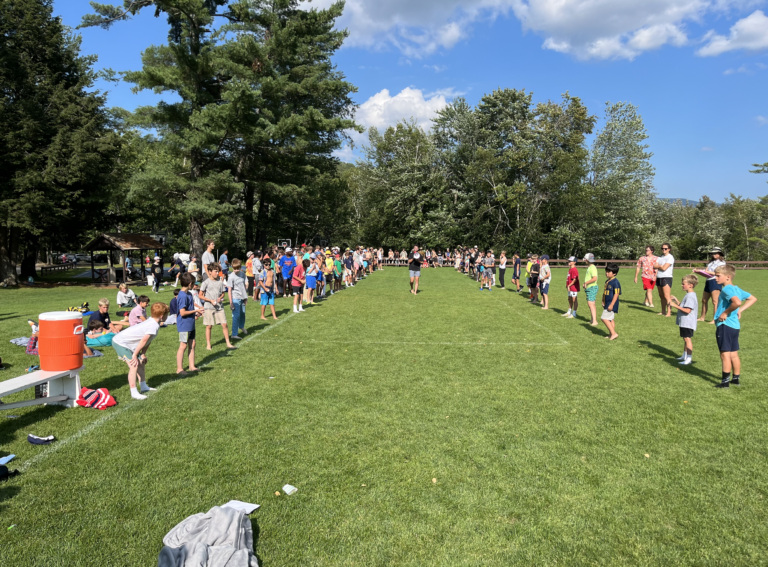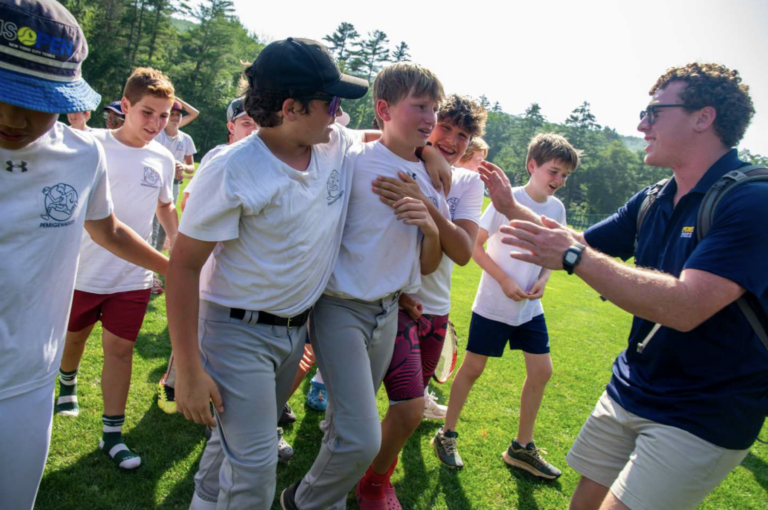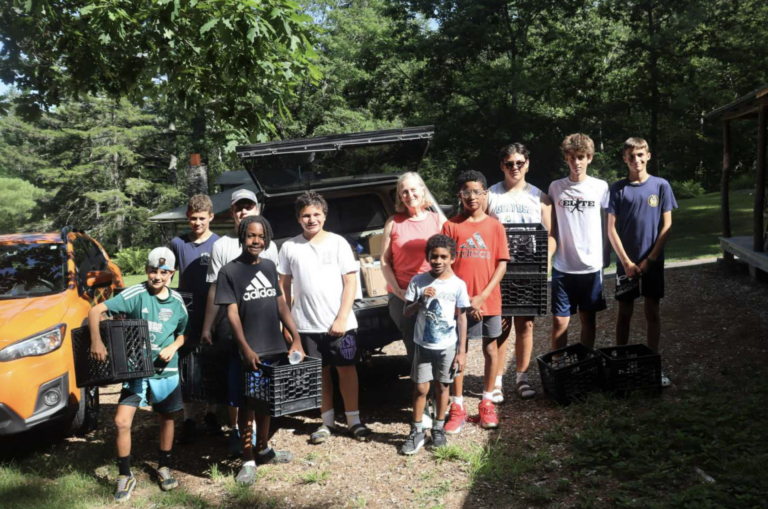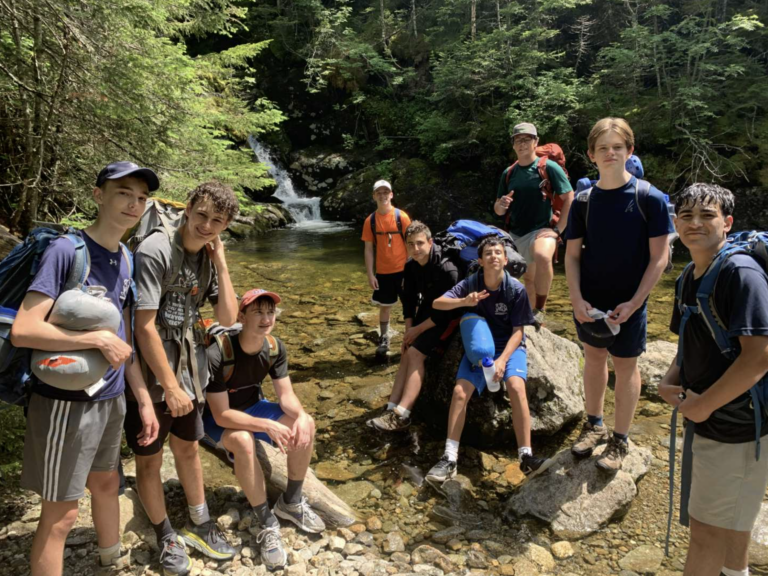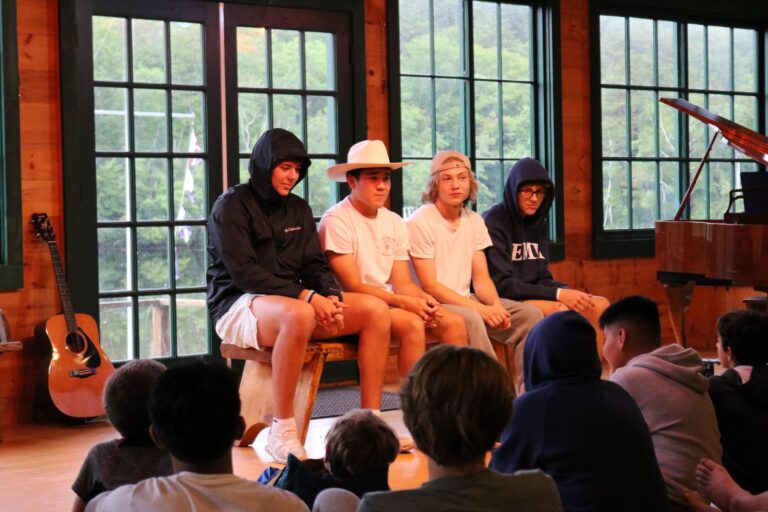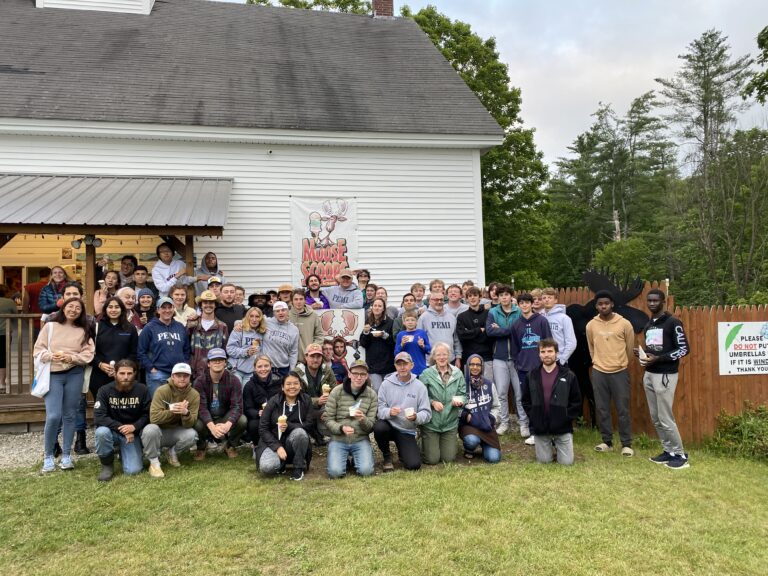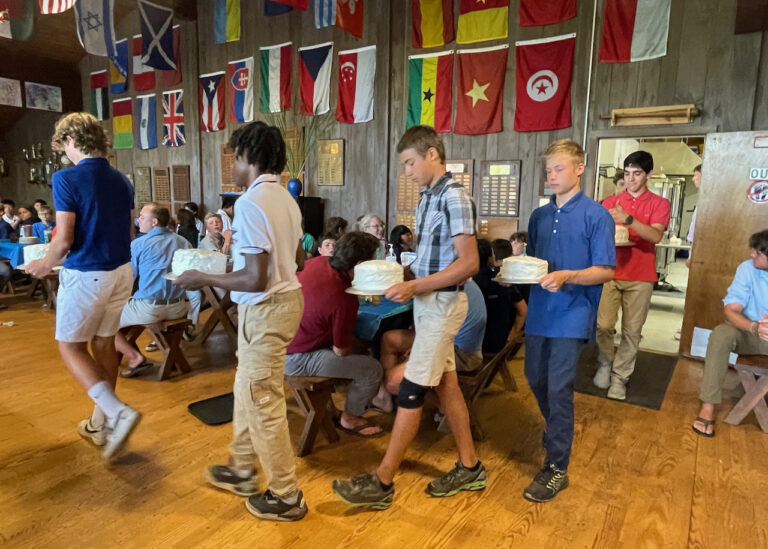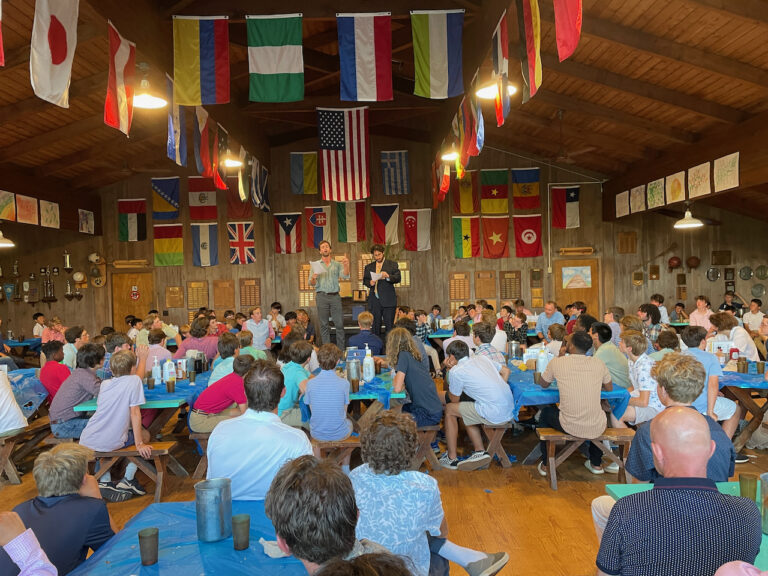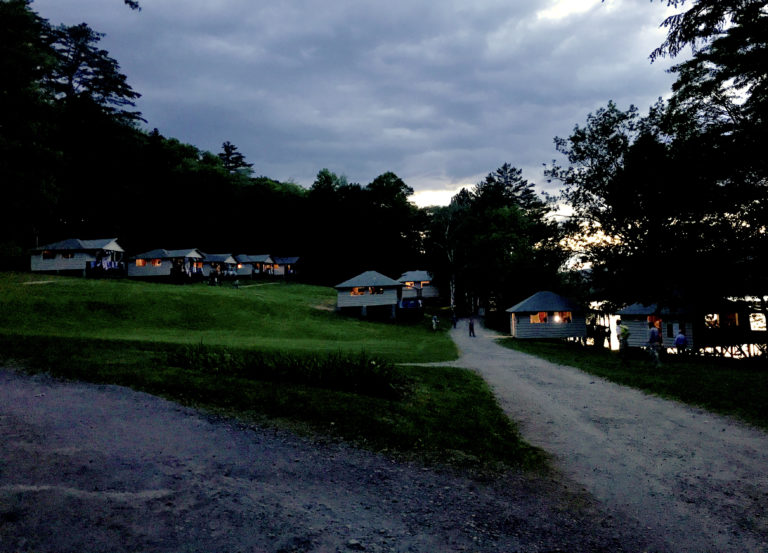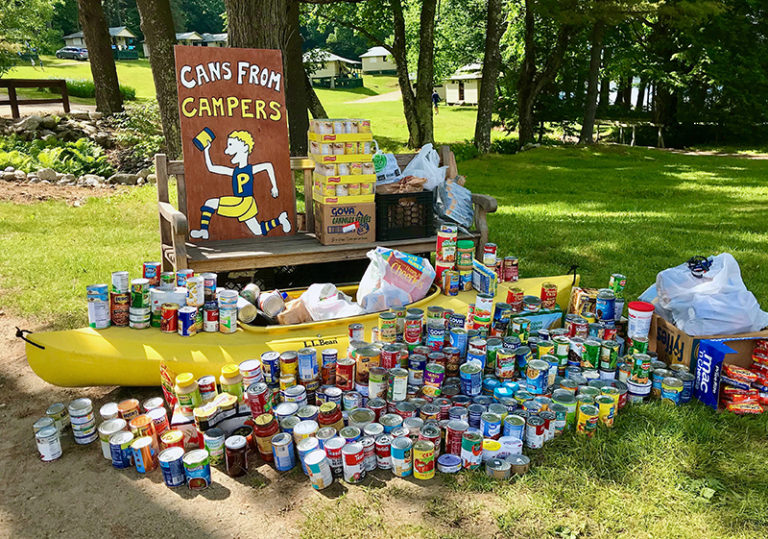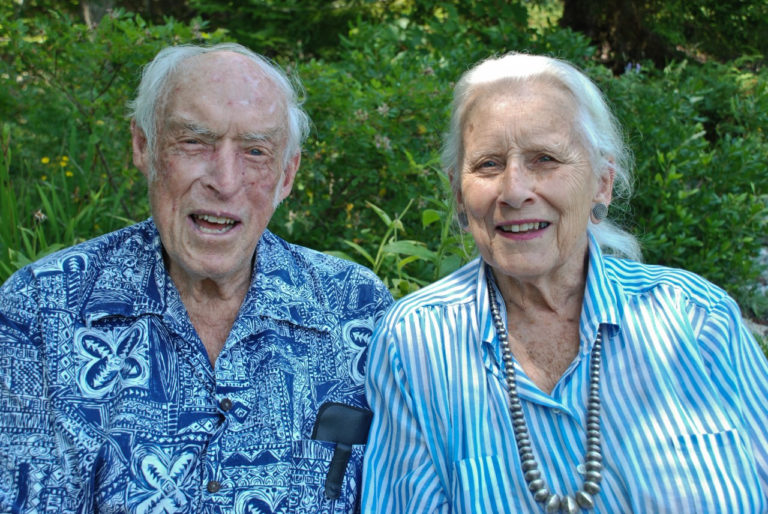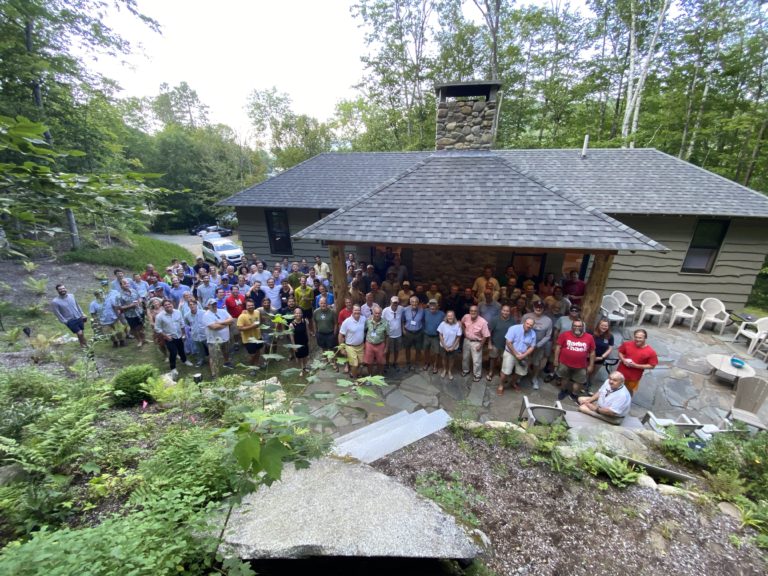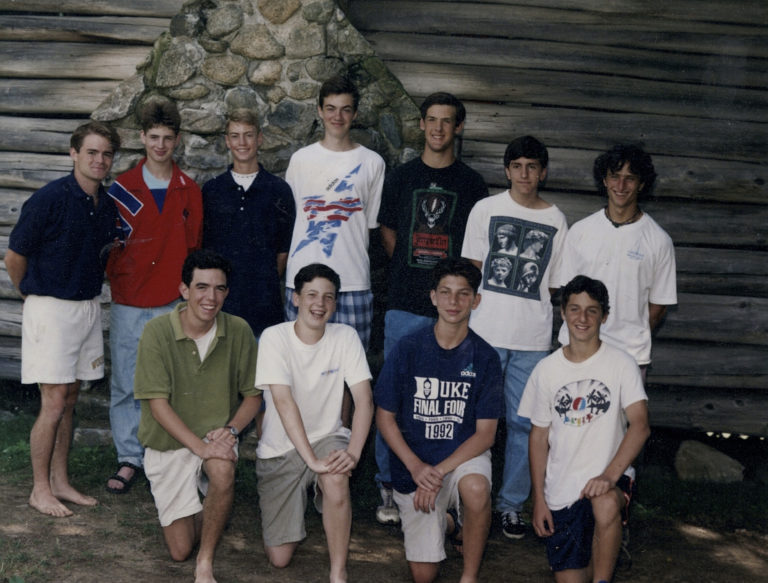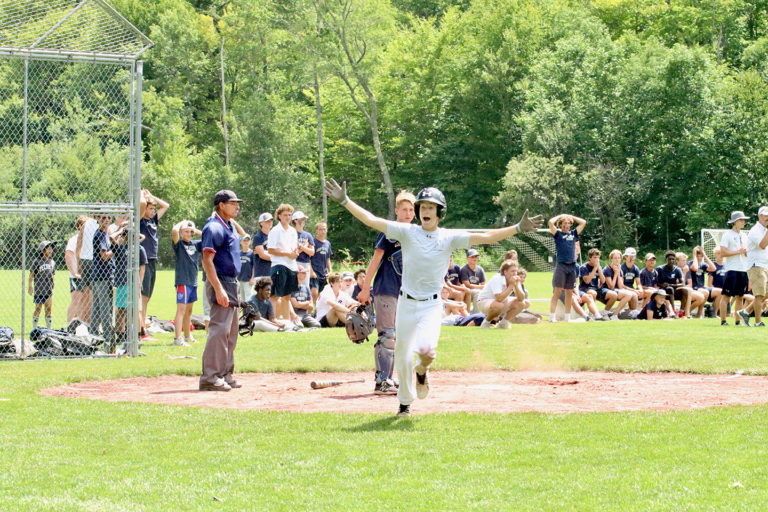- Athletics
- Awards
- Education at Pemi
- Staff Stories
Pemi’s Charlie Malcolm Honored for Excellence in Teaching
 We were delighted to learn several weeks back that Charlie Malcolm, history teacher and head soccer coach at the Northfield-Mt. Hermon School and Pemi’s long-serving and inspirational Director of Athletics, has been named the 2011 recipient of the James Cornelius Kapteyn Prize for Excellence in Teaching. Awarded by the Berkshire Taconic Community, the prize commemorates the singular life and career of Jamie Kapteyn, beloved teacher and coach at Cushing, Williston, and Deerfield Academies. The inscription is as follows:
We were delighted to learn several weeks back that Charlie Malcolm, history teacher and head soccer coach at the Northfield-Mt. Hermon School and Pemi’s long-serving and inspirational Director of Athletics, has been named the 2011 recipient of the James Cornelius Kapteyn Prize for Excellence in Teaching. Awarded by the Berkshire Taconic Community, the prize commemorates the singular life and career of Jamie Kapteyn, beloved teacher and coach at Cushing, Williston, and Deerfield Academies. The inscription is as follows:
The Kapteyn Prize shall be awarded to candidates who have made a career commitment to teaching in secondary schools of at least seven years and whose excellence in and passion for teaching and learning inspire their students to excel, in the model of the late James C. Kapteyn. Prize winners shall be individuals of exemplary character, integrity, and honor who lead by example and impart to their students a lifelong love of learning and dedication to personal growth.
Potential winners of the prize, which carries a cash award of $10,000, are nominated each year by scores of school heads in the New York, Connecticut, and Massachusetts area. All are distinguished for their “triple threat” accomplishments in the classroom, in the dorm, and on the athletic field. A key part of the vetting process is an essay written by each candidate on “Why I Teach.” Charlie’s follows. We thought the extended Pemigewassett family would herald news of the award with the same joy and pride we feel – and relish the opportunity to hear Charlie’s thoughts on how directly the Pemi experience fostered in him a life-long commitment to humane learning and global citizenship.
Also included at the bottom of this posting are links to the Kapteyn website and to accounts of Charlie’s boys’ varsity soccer team winning not only the 2010 New England Prep School championship but also the Connecticut Valley Soccer Officials Association award for team sportsmanship. Everyone familiar with Pemi will appreciate the way in which Charlie’s teams, whatever the season or the location, manage so successfully to combine total effort with the highest standards personal conduct.
Why I Teach
In my elementary school days I was a distracted learner, stayed back in first grade, and carried the stigma of being referred to the learning center. After an uninspiring effort in middle school, I was sent by my parents to boarding school where it didn’t take long for me to make a Holden Caulfield exit midway through my junior year. I remember vividly the anguish I felt as I struggled with the discipline necessary to meet academic and communal expectations. Clearly then, my own journey is one of the reasons I teach and connect with students as they work through adolescence. I personally was fortunate to find a community that helped me develop my self-esteem and my eventual life commitment to education. For the last twenty-five years, I have been working at Camp Pemigewassett (“Pemi”), a community dedicated to educating the whole child. It was at Pemi that I discovered my initial talents as a teacher and embraced a vocation committed to helping young people explore their potential.
While continuing to work at Pemi during the summers after I graduated from college, I accepted a teaching position at the Landmark School, a school for dyslexic students. At Landmark, I spent my formative years as an educator exploring learning styles, the importance of self-esteem in education, and the craft of teaching an incredibly wide spectrum of students. My charges at Landmark reminded me of how critical and powerful building close relationships was in truly educating the whole child. When I left Landmark for St. Andrew’s Episcopal School, I applied these lessons as I searched to make both personal connections with my students and meaningful intellectual connections between history and current events. By establishing my genuine concern for their well-being and by making history relevant to their World, I found success in the classroom. One of my favorite assignments at St. Andrew’s was my oral history project on immigration to Washington DC, where students embraced the role of historian as they explored in depth the remarkable lives of people in their community. I remember how Lauren Vorisek, a student reluctant to embrace history in any form, discovered her voice and passion for the subject. Last Spring, ten years after leaving St. Andrew’s, Lauren sent me an email thanking me for igniting her passion for history and her decision to teach the subject and to introduce a much needed Latin American course in the Montgomery County public schools.
The boarding school life at Northfield-Mt. Hermon has allowed me to take to a new level my commitment to building powerful relationships with students and my desire to make history a living experience. In my eleven years at NMH, I have embraced the interdisciplinary curriculum and the school’s commitment to international education. Helping students make connections between disciplines and better understand the interdependence of the world we live in – and then taking them all over the World to test their theories – has been incredibly powerful and gratifying. By taking students to meet with the leadership of the Apartheid movement in Capetown and Soweto or spending seven weeks with them living in the poor city of San Cristobal in the Dominican Republic, we have created life-changing experiences for our students, allowing them to appreciate the deeper meaning of their academic endeavors, appreciate the gift of their education and, perhaps, discover a life-long passion for understanding and fostering the World’s incredible diversity.
While I didn’t have interdisciplinary courses in high school or the opportunity to study abroad, I did find success, self-esteem, and discipline through athletics. Early in my coaching career, I remember having the ultimate epiphany as a coach/educator when I was asked to step in as the coach of the girls’ varsity soccer team immediately following my boys’ game. A parent who sat behind the bench for both games commented afterwards, “I wish you could hear yourself coach the girls’ team.” It turns out I was a much more positive and supportive when coaching the girls. As the boys’ varsity soccer coach at NMH, I have steadily worked to improve my ability to model what it means to be a leader, excellent teammate, and unyielding proponent of fair play. We have players from all different socio-economic and cultural backgrounds at NMH, each with his own aspirations, skills, and insecurities. Each year we strive to find opportunities to build mutual commitment to each other. We utilize community service, team-building exercises, and the toughest schedule in New England to make sure our commitment to athletics has an unambiguous educational purpose, well beyond winning and losing. It is always about the “process” and teaching young men to be individuals who are willing to embrace a common goal. Last fall, the players won the regional sportsmanship trophy awarded by the local officials’ association, an especially gratifying accomplishment given the tenacity of our competition. As I witness our players’ genuine commitment to each other evolve over the course of each season, I can’t tell you how proud I am to watch their emotional maturity grow in a manner that will help these young men live meaningful lives.
While my classes, travel abroad, and coaching experiences have been central avenues for engaging students, I am also proud and grateful for the relationships that boarding school can foster in our daily residential life together. I think about international students like Korean student John Kim, who embraced my family and my role as a mentor to help them through the difficult years of being away from their own home. Or someone like Fritz Windover, a young man who tragically lost his father and has found his life deeply connected to my own. During these turbulent and inspiring years at NMH, when we engaged in remarkable institutional initiatives, I often look back on the ways my experiences at Landmark, St. Andrew’s, and Camp Pemigewassett prepared me to live the boarding school life. While in the dorm, classroom, distant lands, or on the playing field, I have been fortunate to make powerful connections with scores of amazing students, many of whom have become close friends. These relationships with students and colleagues, and my desire to share with and learn from each one of them, sustain me and my family in the rigors of boarding school life. They are at the heart of why I teach.
Congratulations to Charlie for being selected as the Kapteyn recipient of 2011 – but especially for the tireless life of dedication and commitment that made him such a compelling candidate. Pemi is lucky to be able to count Charlie among the seasoned and dedicated professional educators who are its perennial leaders.
Read more about the Kapteyn Prize.



